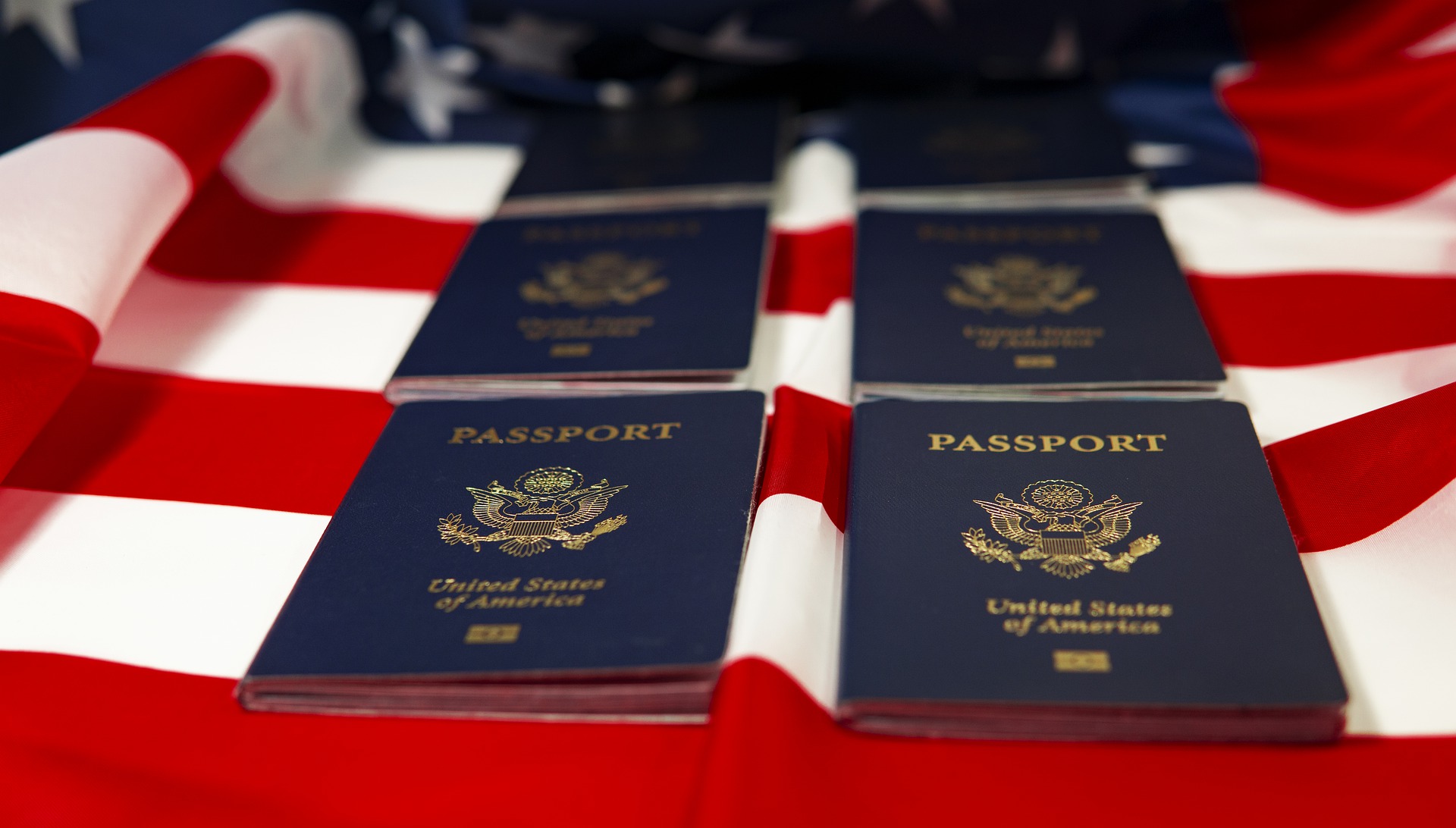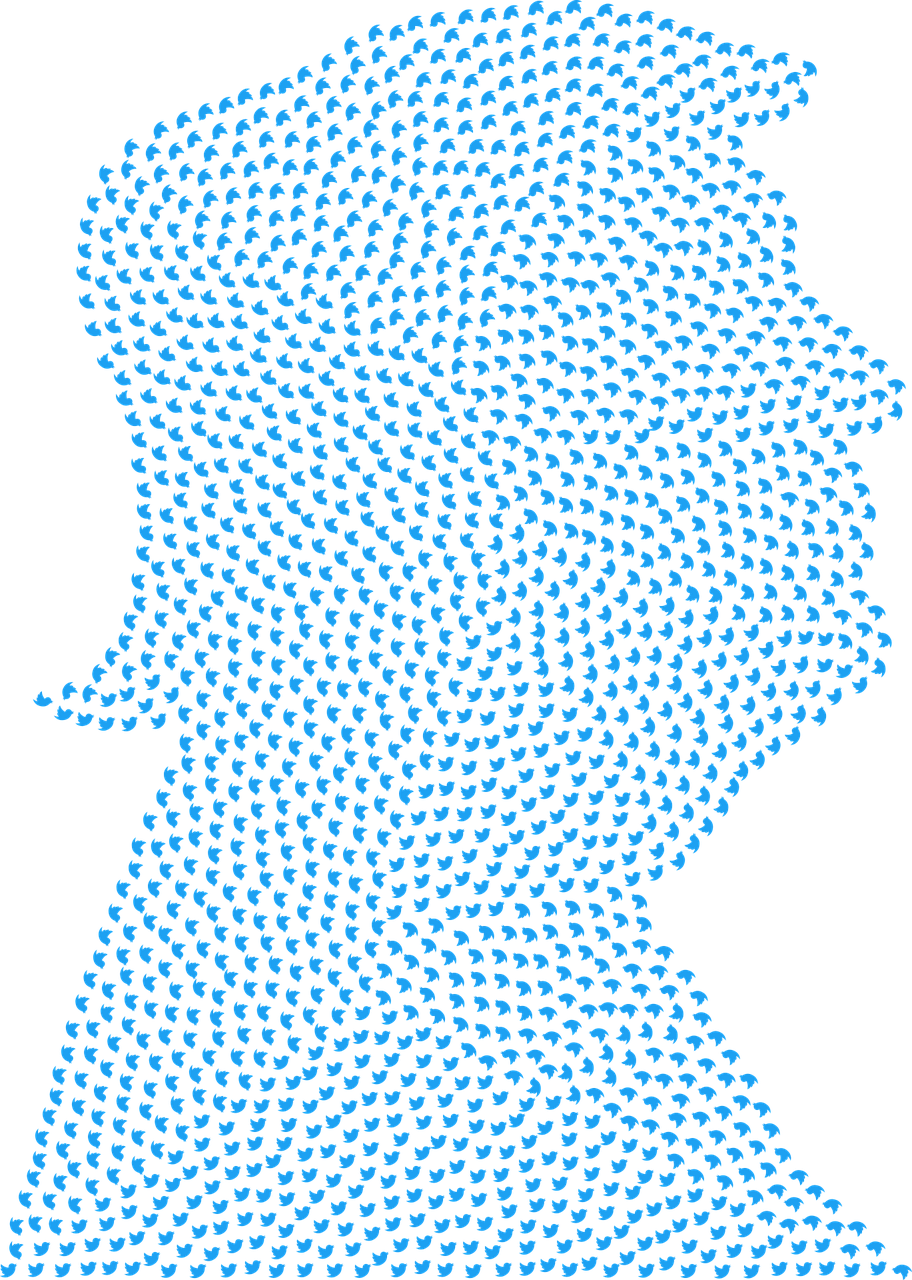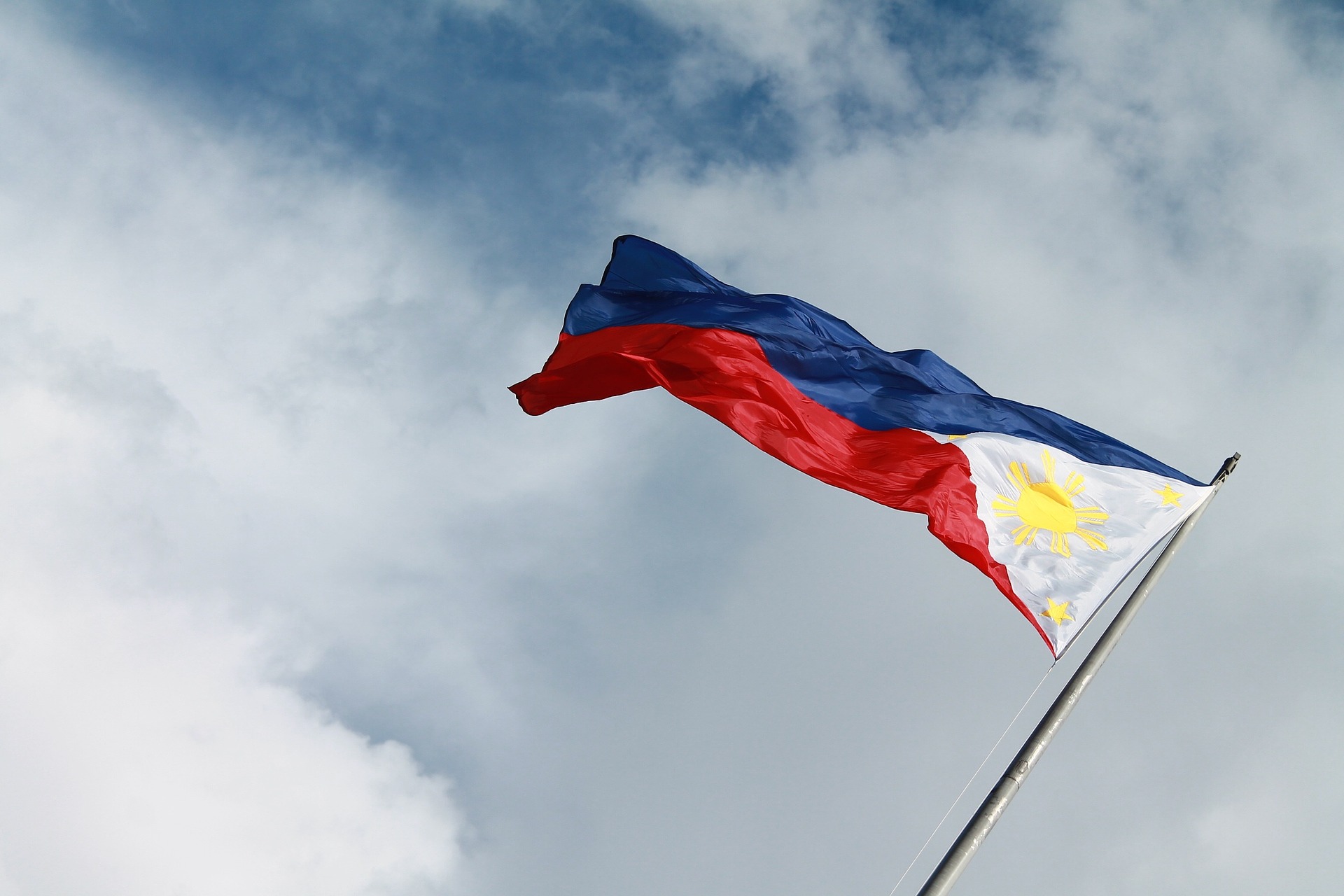The February 2024 Visa Bulletin was recently published by the Department of State.
While the Dates for Filing Chart remains unchanged from the previous month, the Final Action Dates Chart shows some modest advancements in some of the employment-based preference categories, specifically EB-1 worldwide continues to be current, EB-2 Worldwide will advance by two weeks to November 15, 2022, EB-3 Professional and Skilled Workers, India will advance by one month to July 1, 2012, and the rest of the world will advance by one month to September 1, 2022. EB-5 India will advance by one week to December 15, 2015, while the rest of the world will remain current.
For family-sponsored categories, the Final Action Dates for F2A Worldwide, F2A China, F2A India, and F2A Philippines will advance by more than 3 months to February 8, 2020, while F2A Mexico will advance to February 1, 2020. The February Dates for Filing remain the same as the previous month.
Whether you are applying for an immigrant visa at a U.S. Consulate overseas or applying for adjustment of status to permanent residence in the United States, you won’t want to miss these new updates.
Highlights of the February 2024 Visa Bulletin
Employment-based categories
- The February Dates for Filing remain the same as January 2024
Final Action Dates
- EB-1 India: The EB-1 India Final Action Date will remain at September 1, 2020.
- EB-1 China: The EB-1 China Final Action Date will remain at July 1, 2022
- EB-1 Worldwide: All other countries will remain current.
- EB-2 India: The EB-2 Final Action Date for India will remain at March 1, 2012
- EB-2 China: The EB-2 China Final Action Date will remain at January 1, 2020.
- EB-2 Worldwide: Final Action Dates for the remaining countries in EB-2 will advance by two weeks, to November 15, 2022.
- EB-3 Professional/Skilled Workers: The EB-3 Professional/Skilled Worker Final Action for China, will remain at September 1, 2020. India will advance by one month to July 1, 2012. Final Action Dates for the remaining countries in the category will advance by one month to September 1, 2022.
 Visa Lawyer Blog
Visa Lawyer Blog











